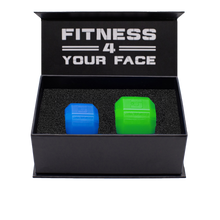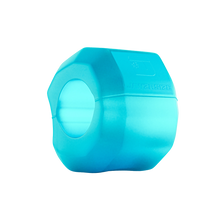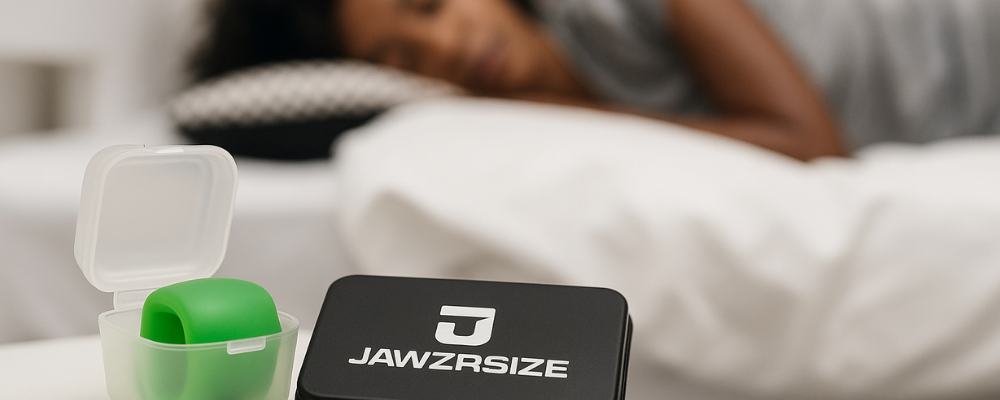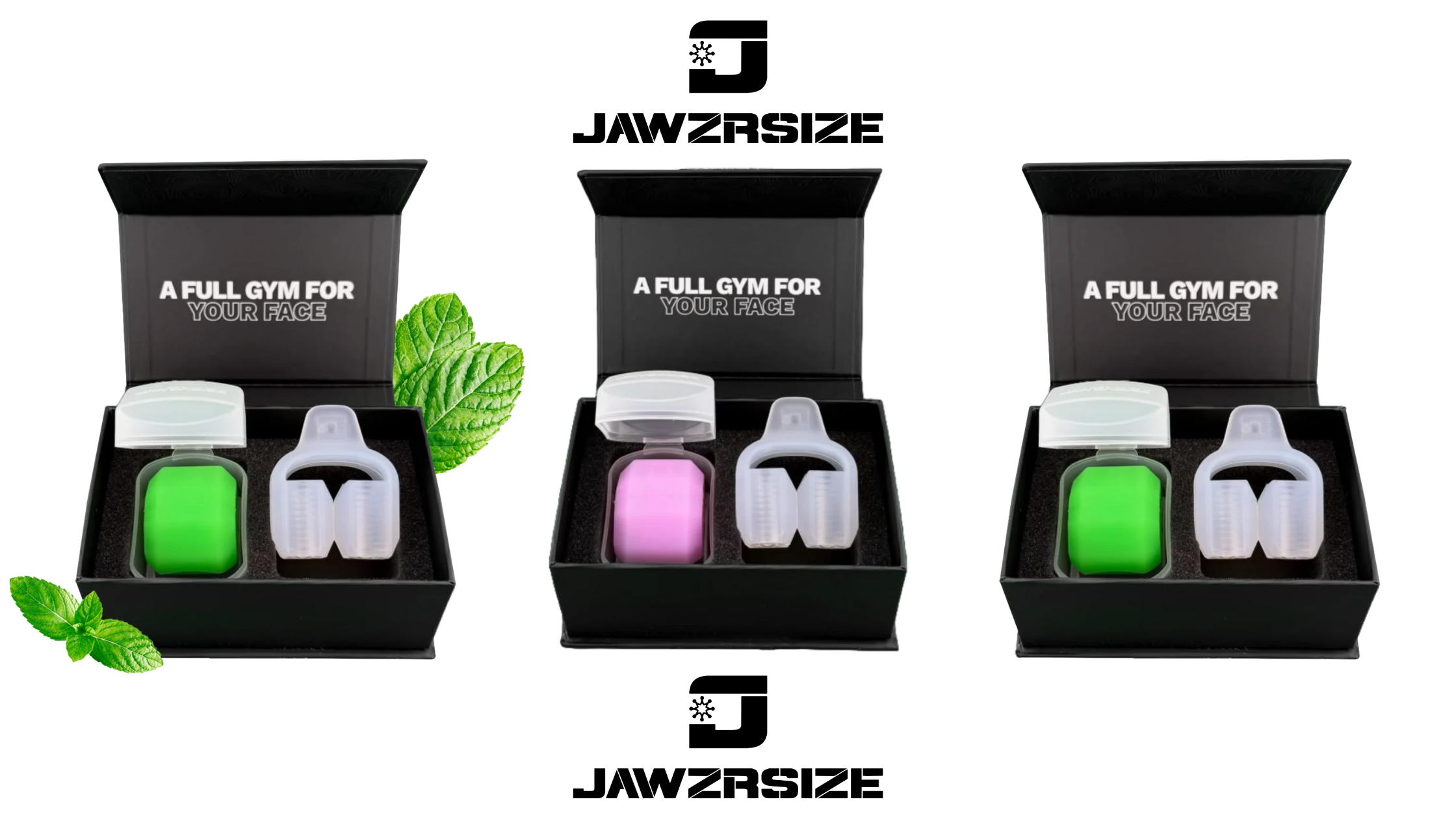Lockjaw is a condition that restricts movement of the mouth. The jaw is essentially stuck in a closed position, where there isn’t a large range of motion. It may seem scary, but most cases of lockjaw are temporary, and a trip to the doctor's office may help you recover quickly... Read on to learn more about lockjaw and its effects, as well as treatment options.
What is lockjaw?
Formally called tetanus, lockjaw is a bacterial infection that impacts the nervous system. The disease causes various muscles to contract. There are different types of tetanus, but in its common form the infection starts in the jaw, which gives it the name lockjaw.
Tetanus spasms can progress across the body. Each spasm usually lasts for a few minutes and often happens for three to four weeks. They can be minor or cause serious damage.
Lockjaw has been around for a long time, but it was not until a century ago that experts developed treatment. While tetanus-related lockjaw occurs all around the globe, you are more likely to encounter it in hot and wet climates, as the bacteria tends to live in soil that has high organic content. Lockjaw is rare in the United States, with only around 30 cases reported annually, but nevertheless the condition can become life threatening if left without treatment.
In terms of management, tetanus lockjaw requires immediate medical attention, but it is preventable with a vaccine. It is essential that you take a booster shot for tetanus every 10 years.
What are the causes of lockjaw?
Lockjaw can be caused by a range of conditions, such as certain cancer treatments, TMJ (Temporomandibular Joint Dysfunction) or more commonly, tetanus.
The bacterium that causes lockjaw is known as Clostridium tetani. The tiny organism has spores, which are in dust, animal droppings and dirt. The bacteria are very resistant to harsh conditions, so high temperatures can be ineffective in getting rid of the spores.
A person can contract lockjaw when this bacteria enters the bloodstream. The main way this occurs is through an open wound. Once the infection gets inside, the changes in oxygen allow it to thrive and spread.
The bacteria that lead to lockjaw contain toxins. These toxins cause muscle spasms by blocking signals in the nervous system. In order to prevent lockjaw, it’s important to know the common ways in which bacteria enter the bloodstream.
Incidents that increase the risk of lockjaw include:
- Crush injuries
- Cuts that come into contact with dirt, feces or spit
- Burns
- Wounds that contain dead tissue
- Punctures from piercings, tattoos and wounds
Lockjaw has been less commonly associated with:
- Animal bites
- Insect bites
- Dental infections
- Chronic sores
Whilst lockjaw is most often found in densely populated areas, it is not contagious.
Symptoms of lockjaw
The amount of time between the moment of exposure and when lockjaw occurs is anywhere from three to 21 days. In rare cases, the incubation period can take up to several months. The farther away the wound is from the central nervous system, the longer it takes for lockjaw to develop.
If you get a cut, puncture wound or an animal bite, treat the injury and consider consulting your doctor, even if you don’t immediately experience lockjaw. Over the next few weeks, play close attention to your jaw, as facial spasms are the first sign of the infection. During the onset of lockjaw, your muscles will involuntarily and repeatedly tighten for a couple of minutes, and then your jaw begins to cramp.
Other lockjaw symptoms include:
- Painful muscle stiffness
- Trouble swallowing
- Jerking or seizures
- Headaches
- Fever
- Sweating
- Changes in heart rate
- Irritability or a sense of restlessness
Lockjaw can also lead to other serious health conditions. Here are some complications that occur within lockjaw patients:
- Fractures: When the muscles begin to spasm, the contraction can be strong enough to cause fractures.
- Trouble speaking: Lockjaw can lead to the vocal cord tightening uncontrollably.
- Difficulty breathing: The injection can make it difficult for a person to open their mouth. Since lockjaw also affects the neck, muscle spasms can impact the ability to breathe easily.
Doctors will diagnose lockjaw examining whether a person has the aforementioned symptoms. Currently, there are no blood tests available to determine if someone has the infection.
How to treat lockjaw
When left untreated, lockjaw is a nuisance at best and life threatening at worst. The good news is that this condition is usually treatable with a preventative tetanus vaccine. It is necessary to visit your doctor for a shot once every decade.
If you get diagnosed with lockjaw, there are a few ways your doctor might try to kill the bacteria. Most often, antibiotics are prescribed to fight the bacterial infection, which should alleviate the discomfort of lockjaw. Another way to treat lockjaw is with a medication called Tetanus Immune Globulin (TIG).
TIG contains antibodies that have the sole purpose of fighting the toxins released by the bacteria. Those who have a high risk of getting lockjaw and are not fully vaccinated tend to use this medication. In extreme cases, a person may have to get a surgical procedure to remove the infected tissue. Overall, recovering from lockjaw can take up to a few months.
Another option is to relax the muscles to control spasms. A common way is through muscle relaxers, such as Acetaminophen. In combination with the medicine, you can adopt a jaw joint exercise routine to ease tight jaw muscles. Here are a few jaw stretches you could try:
- The Resistance Mouth Opening stretch: Hold the tip of your chin in your right hand. Then, push against your jaw gently while opening your mouth slowly.
- The Goldfish: Press your tongue to the roof of the mouth. Next, place your fingers on the chin and lower the jaw as far as you can.
Lockjaw may not occur very often, but when it does, it could lead to further complication. It is essential to seek medical attention if you develop the condition. Focusing on relaxing the jaw can help relieve uncomfortable symptoms. Jawzrsize can also help you ease jaw tension, so see how it works today.







